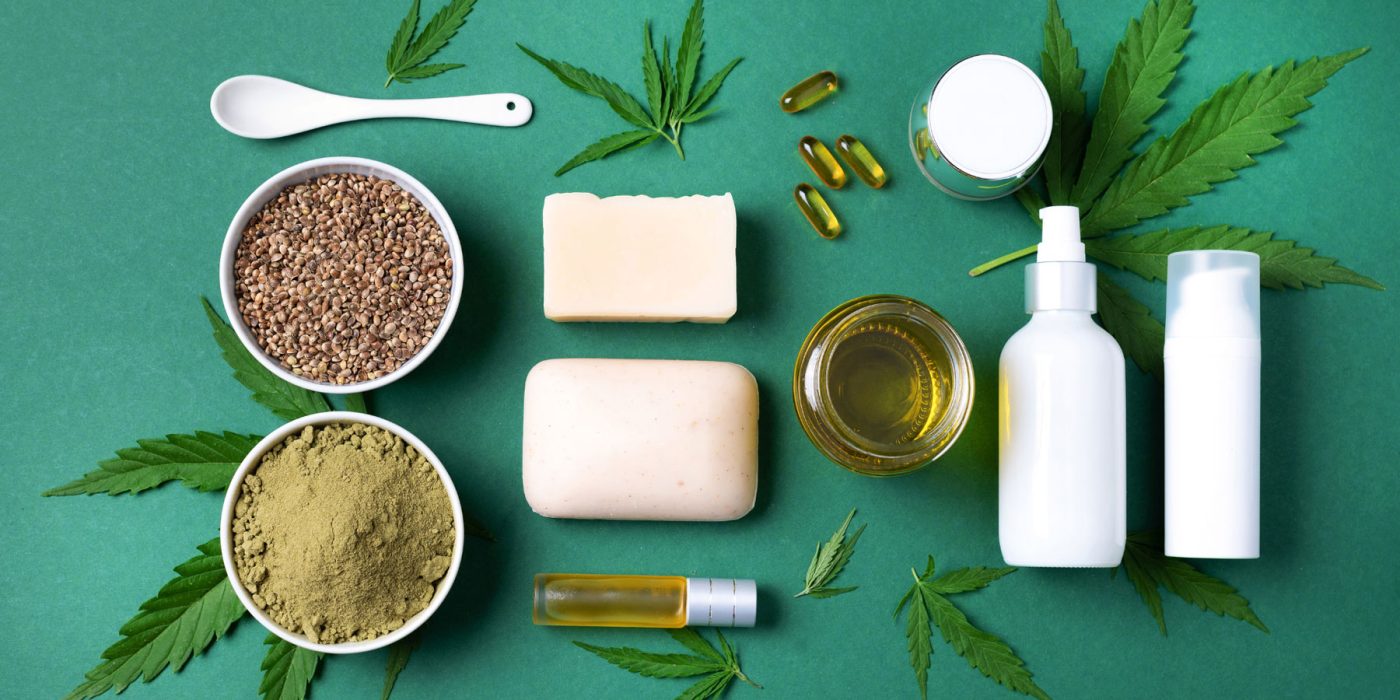Hemp (Cannabis Sativa L.) represents a very important natural resource which unfortunately has been underestimated worldwide ever since it became prohibited (in Spain since 1967, A/N).
Essentially, hemp and cannabis are the same plant, the only difference being that hemp contains very little THC, does not generate a psychoactive effect and is mainly used for industrial and food purposes.
The plant is so versatile that it can even replace petroleum for the production of gasoline or plastic as well as being a more environmentally friendly alternative to paper, cotton or building materials.
It is most unfortunate that many of the applications of hemp are still untapped, but luckily, with the global shift towards the legalisation of cannabis and people’s awareness of the planet’s pollution problems, hemp is also experiencing a strong renaissance.
For this reason, we want to contribute to the spread of knowledge about the uses and advantages of this millenary plant. Below you will find the most interesting uses and applications of hemp:
Food use
Hemp seeds and their derivatives (oil, flour, etc.) are considered a superfood with great properties and benefits. They are sources of proteins, vitamins, minerals and amino acids. They contain omega-6 and omega-3 in the right proportion and have a great antioxidant effect. They can also be eaten by people with nut allergies or sensitivities to gluten, lactose or sugar.
Textile use
The stalk of the hemp plant produces strong yarns that can be used for the production of fabrics for textiles, accessories and garments. The hemp plant is considered to be more productive than cotton in terms of textile fibres and, in comparison, hemp cultivation requires much smaller use of pesticides and has a lower environmental impact than that of cotton.
Sustainable construction
Hemp is increasingly used in construction as a substitute for concrete as well as bricks and implementing this natural material can make housing much more environmentally friendly. The advantages of using hemp include:
- High stability: no cracking
- Energy efficiency: maintains a stable temperature
- Acoustic insulation
- Resistant to parasites
- Fire resistant
- Versatility: can be used on walls, ceilings and floors
Cosmetics
The properties of hemp oil are ideal for the production of cosmetic products. It has moisturising, antioxidant as well as regenerative properties and is very effective in combating acne, psoriasis and other skin inflammations. There are currently many products with hemp oil on the market: creams, ointments, oils, shampoos… and even the most famous cosmetic brands are now offering them.
Plastics
Especially when it comes to the production of plastics, hemp is an environmentally friendly alternative to the use of oil. The cellulose contained in the cannabis plant makes it possible to obtain strong and, at the same time, biodegradable materials that can be used for the production of packaging and other products that are currently made from petroleum-based plastics.
Biofuels
Biofuel from hemp can replace other plant-based biofuels that threaten the ecosystem. Cannabis has a higher efficiency than other products used in fuels and is much cleaner for engines.
Paper
With hemp it is possible to make high quality paper, which would be a more responsible option for the problem of caring for the planet and preserving biodiversity. Hemp takes very little time to grow and the paper derived from this plant does not need acids or chlorine, is very resistant and can be recycled up to seven times.
Improving the soil
Hemp can be implemented in agriculture to improve soil structure and clean up heavy metal contaminations such as copper or arsenic.
Pet litter
Hemp cat or rabbit litter is a natural alternative, it is biodegradable and compostable. It contains no chemicals and absorbs 5 times more than clay.
As you can see, the uses of hemp are surprising, although these are just some of the current possibilities and there is no doubt that in the coming years there will be even more. Hemp ultimately serves to improve our lives as well as helping to keep the ecosystem cleaner.

